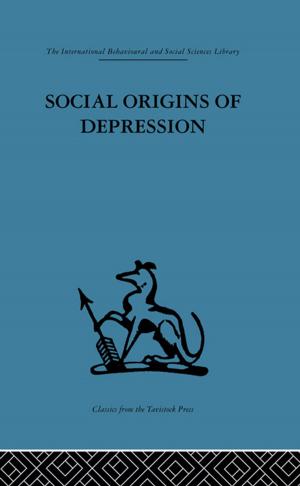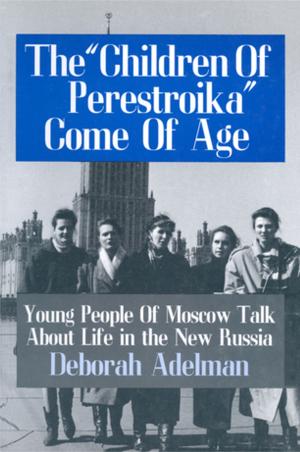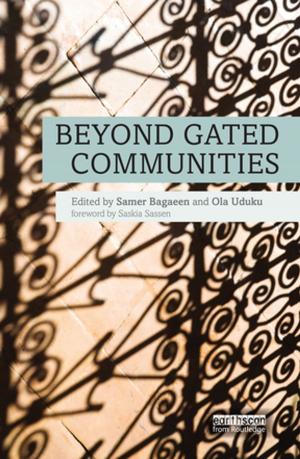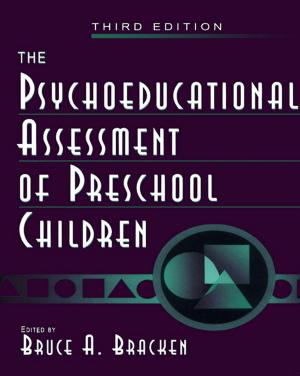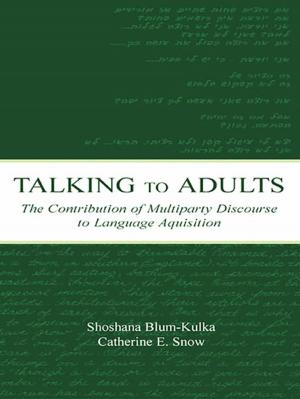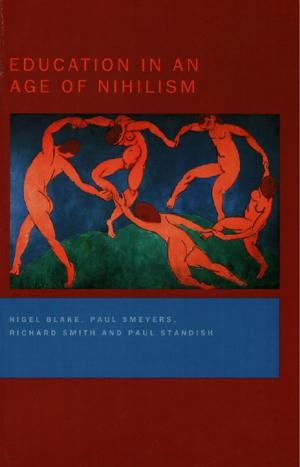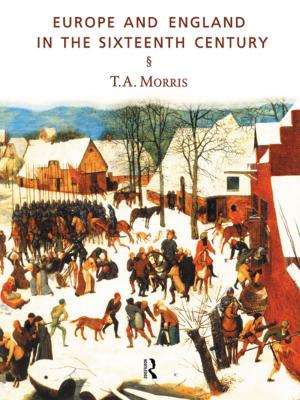Indian Arranged Marriages
A Social Psychological Perspective
Nonfiction, Health & Well Being, Psychology, Social Psychology, Social & Cultural Studies, Social Science, Cultural Studies, Ethnic Studies| Author: | Tulika Jaiswal | ISBN: | 9781317694083 |
| Publisher: | Taylor and Francis | Publication: | April 24, 2014 |
| Imprint: | Routledge | Language: | English |
| Author: | Tulika Jaiswal |
| ISBN: | 9781317694083 |
| Publisher: | Taylor and Francis |
| Publication: | April 24, 2014 |
| Imprint: | Routledge |
| Language: | English |
Despite the fact that more than 80% of cultures practice varying degrees of arranged marriage, scholars have thus far concentrated exclusively on American and European cultures from choice marriages, not yet fully exploring the psychology of arranged marriages. India is a prominent South Asian nation that continues to retain the historical tradition of arranged marriages in the 21st century. This book therefore provides a timely addition to marital research as it offers a comprehensive and systematic psychological examination on Indian arranged marriages.
This book explores the role of individual, interactional, contextual, and cultural factors in predicting marital satisfaction in individuals who were in arranged marriages and living in India. The discussion is drawn from a survey collecting data from individuals married through the arranged marriage system in India. In light of this empirical study, the book considers the cross-cultural applicability of Western findings and proposes some key methodological and clinical considerations for examining marital relationships in Indian arranged marriages.
Providing useful, much-needed scholarly insight on arranged marriages and widening the research conceptualization of marriage, this book will be of particular interest to scholars of Social Psychology, Sociology, Marital and Cross-cultural studies.
Despite the fact that more than 80% of cultures practice varying degrees of arranged marriage, scholars have thus far concentrated exclusively on American and European cultures from choice marriages, not yet fully exploring the psychology of arranged marriages. India is a prominent South Asian nation that continues to retain the historical tradition of arranged marriages in the 21st century. This book therefore provides a timely addition to marital research as it offers a comprehensive and systematic psychological examination on Indian arranged marriages.
This book explores the role of individual, interactional, contextual, and cultural factors in predicting marital satisfaction in individuals who were in arranged marriages and living in India. The discussion is drawn from a survey collecting data from individuals married through the arranged marriage system in India. In light of this empirical study, the book considers the cross-cultural applicability of Western findings and proposes some key methodological and clinical considerations for examining marital relationships in Indian arranged marriages.
Providing useful, much-needed scholarly insight on arranged marriages and widening the research conceptualization of marriage, this book will be of particular interest to scholars of Social Psychology, Sociology, Marital and Cross-cultural studies.

